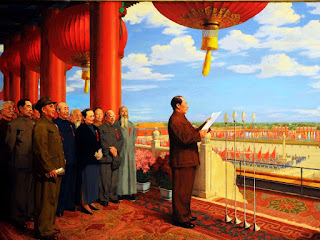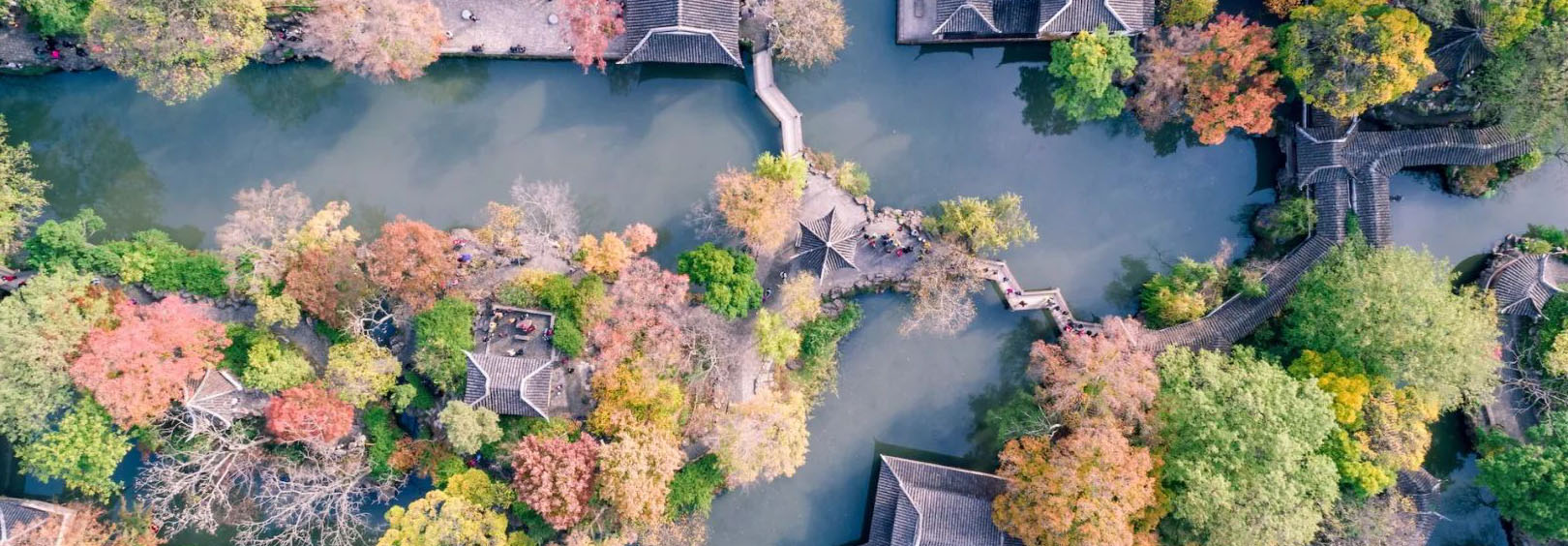Pingyao Ancient Town
Located 85km from Taiyuan, the capital city of Shanxi province, Pingyao Ancient Town is one of the best-preserved towns in China and the only town that has been listed in the UNESCO heritage. Pingyao was the financial center of the late Qing Dynasty, as the earliest banking business started here. Let’s have a glimpse of the old town.
 |
| Pingyao Courtyard |
Three Big Reasons to Visit Pingyao
- Be in the past
When you walk down the alleys and streets of Pingyao, you will see characteristic tiles, eaves, decorations, and walls in Ming and Qing styles. Especially the timeworn houses supported by some timeworn bricks still stand here quietly, showing the long lost history. You will find history here.
- Ancient architecture
Pingyao city is all about traditional Chinese architecture. Besides the fine decorations
 |
| Pingyao Gate Tower |
- Shanxi Business Culture
In Ming and Qing ages, Pingyao Ancient Town was the financial center of China. The plague with characters “Hui Tong Tian Xia (Land of Wealth) ” hung inside the Sishengchang Bank is a strong showcase. The fact is Shanxi merchants did a great job doing business all over China. They were intelligent, honest, and responsible, forming a system of Shanxi Business Culture.
A Virtual Tour to Pingyao
The layout of Pingyao appears in the "土” shape. Starting from West Gate, you will
 |
| Rishengchang |
Continuing forward, you will see South Street, the central axis of the town. Back in Ming and Qing Dynasties, South Street hosted nearly half of the financial organizations in China, which granted it “the Wall Street of China” at that time. Even today, it’s still the most prosperous place. As the street reserved the buildings from Ming and Qing Dynasties, it’s also called Ming-Qing Street. Most of the sights are located in this street. The iconic Ancient Gate Tower stands in the center, surrounding which are Xietongqing Bank (today’s Money Shop Museum of China), Weitaihou (Bank Museum), Baichuantong, Chinese Biaoju (Escort Agency) Museum,
 |
| Pingyao Building |
At the south end of the town, you will find the old county government where numerous written documents and barnacles are on display. There is also the performance of the old court trial here every day. The Chenghuang Temple and Confucius Temple near the Shangdong Gate are also magnificent. Many locals come here to pray.
Another highlight of Pingyao town is the City Wall, which is not only majestic but
 |
| City Wall |
Now, let’s turn to the spiritual life of local people. The last but not least sights for you are Zhenguo Temple and Shuanglin Temple. All the buildings of Zhenguo Temple are wooden. There is absolutely no nail here. In comparison, Shuanglin Temple is more about colored statues. In a dozen halls of Shuanglin Temple are Buddha statues from Yuan to Ming Dynasties, very exquisite.
Tickets Information
- There is no need to purchase an entrance ticket just to enter the town.
- The 130 RMB/pax entrance ticket refers to the through ticket for 22 small sights inside the town. It’s valid for three days, and visitors are not allowed to revisit views they already been to.
- It’s unnecessary to buy tickets online. There are ticket offices both outside and inside the town.
- The opening hours for the sights in the town are 8:00 - 19:00 in the summertime and 8:00 - 18:00 in wintertime.
 |
| Entrance Ticket of Pingyao |
Note:
1. You might need to wait in line for tickets in high seasons (which can be avoided if you book Pingyao tour with us);
2. The ticket for Pingyao Ancient Town can’t be used to apply for reimbursement. You can just ask for an invoice if you need it.
3. Please keep your ticket well. You will need it for all sights inside the town.
4. Your ticket expires in 3 days, and you can’t revisit the places you already been to there.
5. There is no single ticket here, just the through ticket.
Food in Pingyao
Shanxi is one of the hometowns of food made of flour. There are tons of local
 |
| Pingyao Food |
Shopping in Pingyao
There is so much to shop in Pingyao, like manmade vinegar, sweetened fried flour,
 |
| Pingyao Vinegar |
yam flour, lacquer, old-fashioned shoes, Liuhetai pillow, and paper-cut.
Shanxi Vinegar is one of the four most famous vinegar brands in China. With a history of over 3000 years, the vinegar here is well-known for its color, flavor, mellowness, thickness, and sourness. It’s a must-taste.
In terms of craft, lacquer is the specialty of Pingyao. It’s unique, complicated and exquisite. You will find all kinds of lacquer products here, like jewelry boxes, screens, and small ornaments. There are also old-fashioned shoes made of cloth. It’s comfortable to wear and bright in color.
Entertainment in Pingyao
1. Watch “Pingyao Retrospect”
It’s a situational play about heredity and life circle. It displays the moral tradition of Pingyao people and the tragedy of such culture. Through the show, you will have a sense about what was like living in old Pingyao and how the past is influencing the present.
 |
| Pingyao Restrospect |
2. Court Trial Performance in County Government
Every 9:30, 11:00, and 15:30, there are court trial performances in the county government. You can see how it was like to have a traditional Chinese court trial. Spoil alert, it’s both solemn and scary.
Court Trial
3. Watch “Dream Pingyao”
It’s another performance to present the relationship between old Pingyao and modern Pingyao.
4. Yunlu Style Street
It’s a style street with many coffee shops, bars, restaurants, and select stores.
5. Take a Helicopter Ride
If you want to have a panorama view of the whole town, a helicopter ride might be great for you.
Accommodation in Pingyao
You can either stay overnight outside the town or inside the town. We suggest you find a hostel in the town. Most of the hotels and airbnb houses in Pingyao are Sijeyuan courtyard, which are decorated with adobe kang and classical furniture.
 |
| Pingyao Accommodation |
Transportation in Pingyao
There are railway station, highs-speed train station, bus station in Pingyao. It’s quite convenient to move around. We recommend high-speed train for you. You can take the bullet train to Pingyao from Beijing, Xian, Datong, Taiyuan, Yuncheng, Qingdao, and Linfen.
Weather of Pingyao
Pingyao belongs to a temperate zone with continental monsoon climate. It has distinct seasonal difference. The annually average temperature is 10.6 degrees and the hottest month is July, which has an average temperature of 24.5 degrees. The coldest month is January, which has an average temperature of -5 degrees. Therefore, we suggest you avoid winter travel to Pingyao.




Comments
Post a Comment